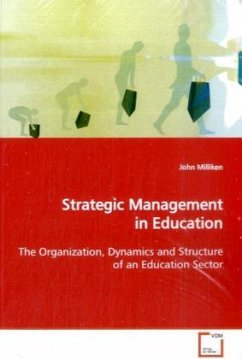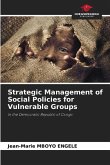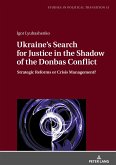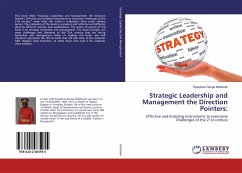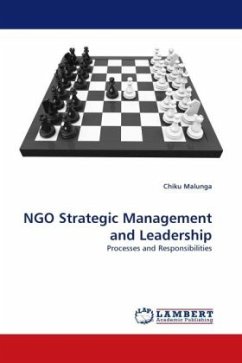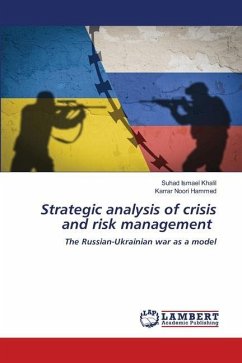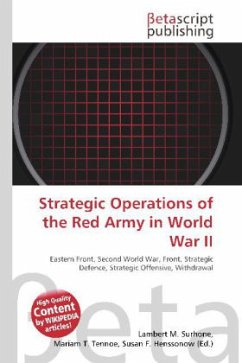Due to the level of political violence over a
thirty-year period in Northern Ireland, there have
been numerous calls for change in the educational
system to allow Catholic and Protestant children to
attend the same schools (e.g. Fraser, 1974; Heskin,
1980; Spencer, 1987). There are perhaps two separate
issues. The first is whether or not the claims for
the effect of integrated education are valid, and the
second is whether the system that has developed has
done so in the most effective way and almost
regardless of the first issue. This research deals
largely with the second issue and has considered
integrated schools through an organisational lens
using strategic management literature. The research
identified the nature of the relationship between the
various stakeholders in the integrated sector and
found that there is a lack of awareness of
commonality or diversity between the schools. This
has resulted in a weak sectoral identity and a lack
of synergy. The research findings suggest that the
integrated education movement has reached a
cross-roads in its development and requires
appropriate strategic management for future
development, growth and maybe even survival!
thirty-year period in Northern Ireland, there have
been numerous calls for change in the educational
system to allow Catholic and Protestant children to
attend the same schools (e.g. Fraser, 1974; Heskin,
1980; Spencer, 1987). There are perhaps two separate
issues. The first is whether or not the claims for
the effect of integrated education are valid, and the
second is whether the system that has developed has
done so in the most effective way and almost
regardless of the first issue. This research deals
largely with the second issue and has considered
integrated schools through an organisational lens
using strategic management literature. The research
identified the nature of the relationship between the
various stakeholders in the integrated sector and
found that there is a lack of awareness of
commonality or diversity between the schools. This
has resulted in a weak sectoral identity and a lack
of synergy. The research findings suggest that the
integrated education movement has reached a
cross-roads in its development and requires
appropriate strategic management for future
development, growth and maybe even survival!

